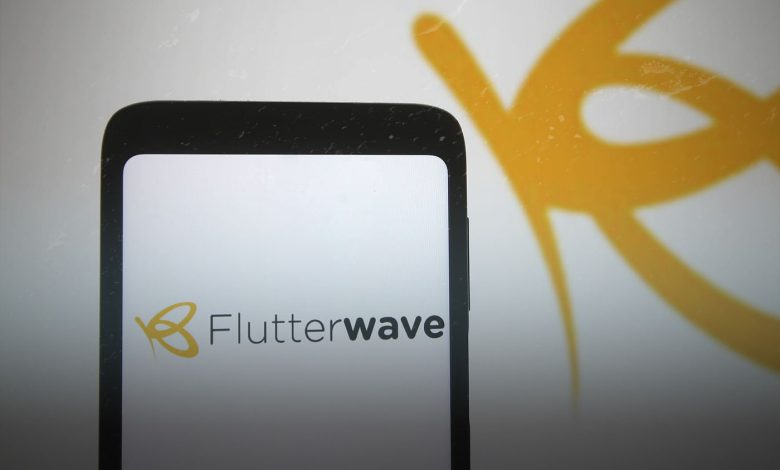Flutterwave Incident Causes The Central Bank Of Nigeria To Step Up
P2P allows investors all around the world to exchange cryptocurrency without going via a trusted third party. They trade their cryptocurrency for other tokens or cash.

P2P allows investors all around the world to exchange cryptocurrency without going via a trusted third party. They trade their cryptocurrency for other tokens or cash. P2P has enabled Nigerian investors to continue utilizing cryptocurrency despite the Central Bank of Nigeria’s limitations. Indeed, in 2021, the Central Bank of Nigeria revoked a policy that prohibited financial institutions from selling cryptocurrency services. They have now decided to report and freeze the bank accounts of P2P crypto investors.
While Nigeria intends to leverage blockchain to boost economic growth, things are becoming more difficult for crypto users. Following a hacking incident, the Central Bank of Nigeria highlighted the bank accounts of P2P investors. Investors were quick to voice their displeasure with the central bank’s decision. It all began with the hacking of Flutterwave, a Nigerian financial firm. This resulted in a loss of over 6.5 million dollars, or nearly 3 billion nairas.

The Central Bank of Nigeria is Looking into Accounts with Flutterwave Influence
During the Flutterwave incident, some cryptocurrency users’ bank accounts purportedly received part of the stolen monies. Nothing has been established as of yet, but the Central Bank of Nigeria chose to submit the suspicious accounts as part of its inquiry. In addition, on February 27, the Nigerian judge approved an ex-parte petition filed the same day. The petition asked for the freezing of 107 bank accounts, including those of their fifth recipients. Following that, numerous more Nigerians reported that their accounts had been frozen as a result of the breach.
Actions of the Central Bank of Nigeria have also Caused some Damage
Separately, news sources stated that the issue was disclosed by Flutterwave‘s legal counsel. On February 19, 2023, Albert Onimole tipped off the Deputy Commissioner of Police in Yaba, Lagos. He informed him of an unauthorized transfer of roughly $6.5 million from Flutterwave accounts.
According to numerous community members, the present circumstance may dissuade Nigerian customers who have yet to engage in cryptocurrency. Yet, there are several potentials to be exploited through new crypto ventures. According to some, firms have even gone bankrupt as a result of The Central Bank of Nigeria‘s decision. True, several unwary contractors were apparently paid for their work using stolen monies and are now facing legal problems.




